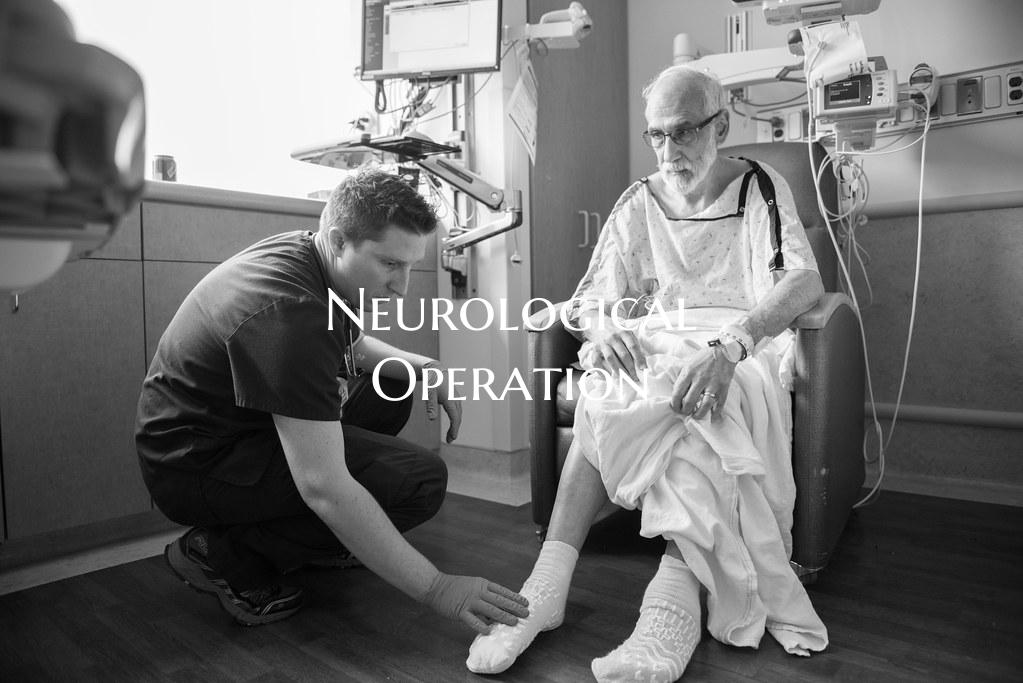
Neurological Operation
Neurological operations, also known as neurosurgery, are critical procedures that involve the delicate and intricate structures of the nervous system. These operations are performed by highly skilled and specialized neurosurgeons to address a wide range of conditions affecting the brain, spinal cord, and peripheral nerves. The field of neurosurgery has evolved significantly over the years, with advancements in technology and surgical techniques leading to improved outcomes and recovery rates for patients.
One common type of neurological operation is the removal of brain tumors. Tumors in the brain can be life-threatening if left untreated, and surgery is often necessary to remove the tumor and relieve pressure on surrounding brain tissue. Neurosurgeons use advanced imaging techniques, such as MRI and CT scans, to precisely locate the tumor and plan the surgical approach. During the operation, the surgeon carefully navigates through the brain tissue to access and remove the tumor while minimizing damage to healthy brain cells.
Another crucial neurological operation is spinal surgery. Conditions such as herniated discs, spinal stenosis, and spinal cord injuries may require surgical intervention to alleviate pain, restore function, and prevent further damage. Neurosurgeons perform procedures such as discectomy, laminectomy, and spinal fusion to address these conditions and stabilize the spine. Minimally invasive techniques have revolutionized spinal surgery, allowing for smaller incisions, less tissue damage, and faster recovery times for patients.
Neurological operations also play a vital role in treating conditions like epilepsy, Parkinson's disease, and trigeminal neuralgia. Deep brain stimulation, a surgical procedure that involves implanting electrodes in specific areas of the brain, has been successful in managing symptoms of movement disorders and neurological conditions. Additionally, neurosurgical interventions such as microvascular decompression can provide relief for patients suffering from severe facial pain caused by nerve compression.
In conclusion, neurological operations are complex procedures that require precision, expertise, and a deep understanding of the intricate anatomy of the nervous system. Advances in technology and surgical techniques continue to improve the safety and efficacy of neurosurgical procedures, offering hope and healing to patients facing neurological conditions. Through ongoing research and innovation, neurosurgeons strive to enhance patient outcomes and quality of life, making significant contributions to the field of neuroscience and neurology.